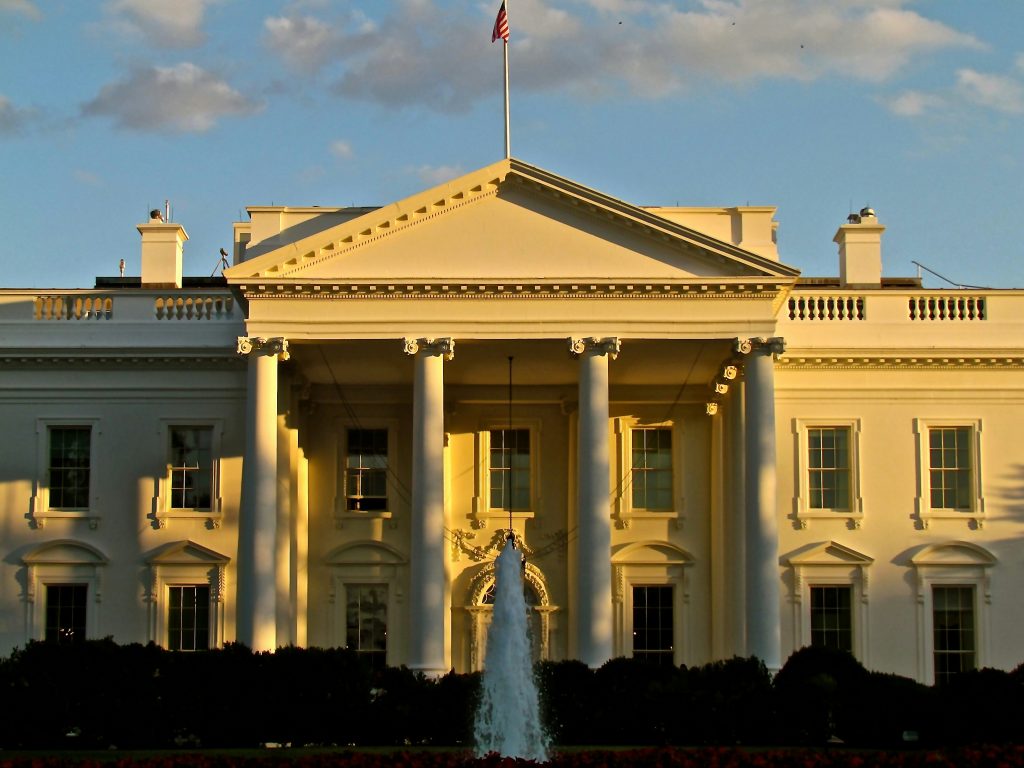Illinois Bankruptcy Court Holds Pandemics Can Trigger Force Majeure
PDF Available
By Josh Bethea*
COVID-19 has forced hundreds of businesses into bankruptcy while taking thousands of American lives.[1] But can it excuse failure to perform a contract?
A bankruptcy court in Illinois held yes.[2] Although much about this issue remains unclear,[3] the Court’s decision reinforced the rights of contracted parties whose agreements contain force majeure provisions. This post will briefly explain the law of force majeure and then explore the impact of the Court’s ruling.
The Law of Force Majeure
Force majeure is a mechanism that excuses contracted parties’ performance obligations due to circumstances that (1) are agreed-upon, (2) are beyond the parties’ control, and (3) render performance impossible or grossly impractical.[4] Force majeure provisions are specific to the parties’ unique interests.[5]
Consequently, courts narrowly interpret force majeure clauses on a case-by-case basis according to state law and parties’ intent.[6] Hence, parties seeking relief by invoking force majeure must overcome the court’s presumption of enforceability by showing that (1) the alleged event was tantamount to a triggering event under the force majeure provision and (2) the event caused the failure to perform.[7] This approach to force majeure clauses furthers public policy goals by fostering predictability in contract law.[8]
Although each is unique, most force majeure clauses use similar language.[9] This creates interpretation trends across jurisdictions. For example, market declines are not typically seen as triggering events while governmental laws and acts of God, such as earthquakes, floods, and other natural disasters, are.[10]
The issue of whether the current COVID-19 pandemic is a triggering event arises due to the lack of precise language like pandemic or epidemic in most clauses.[11] Even now, courts are staying true to the public policy goals that require narrow interpretation and a presumption of enforceability, as demonstrated by the Illinois Bankruptcy Court’s holding in In Re Hitz Restaurant Group.
In Re Hitz Restaurant Group’s Holding
The Court’s decision in In Re Hitz Restaurant Group helps clarify important rights of contracted parties during a pandemic.
Here, a restaurant owner sought partial relief from unpaid rent obligations by invoking the lease’s force majeure clause, which states in relevant part: “Landlord and Tenant shall each be excused from performing its obligations . . . but only so long as the performance of any of its obligations are prevented or delayed, retarded or hindered by . . . laws, governmental action or inaction, orders of government.”[12]
The Court granted relief, finding that (1) the Governor’s executive order that limited restaurant operations to take-out only “unambiguously” triggered the Force Majeure Clause as an order of government and (2) proximate cause was shown, as the order clearly hindered the restaurant’s ability to pay rent.[13]
This decision demonstrates how a court can find the pandemic as a triggering event without abandoning public policy goals. Even narrowly construed, force majeure provisions with similar language, such as performance hindered by acts of God or governmental laws, can be seen to include the current pandemic. Additionally, the Court’s decision here can be informative for re-negotiations of failed contracts. Going forward, contracted parties seeking relief from performance obligations due to the pandemic would be wise to revisit the language of their agreement’s force majeure provision.
*J.D. Candidate, Class of 2022, Arizona State University Sandra Day O’Connor College of Law.
[1] Covid-19 creating an ‘insolvency time bomb’ – latest updates, TrtWorld, https://www.trtworld.com/life/covid-19-creating-an-insolvency-time-bomb-latest-updates-38247 (last visited Sept. 2, 2020).
[2] David J. Marmins & Michael F. Holbein, Illinois Bankruptcy Court Grants Force Majeure Relief to Restaurant, A.B.A., https://www.americanbar.org/groups/litigation/committees/real-estate-condemnation-trust/practice/2020/illinois-bankruptcy-court-force-majeure-restaurant/ (last visited Sept. 2, 2020).
[3] Andrew A. Schwartz, Contracts and Covid-19, 73 Stan. L. Rev. Online 48 (2020).
[4] Id. at 54–55.
[5] Id.
[6] Id. at 55.
[7] Commercial and Contract Law Implications of the COVID-19 Pandemic, Practical Law Article, Mar. 24, 2020 at w-024-5641.
[8] Schwartz, supra note 3, at 5.
[9] Id. at 56–57.
[10] Id. at 55.
[11] Id.
[12] In re Hitz Rest. Grp., 616 B.R. 374, 376–77 (Bankr. N.D. Ill. 2020).
[13] Id. at 377.


